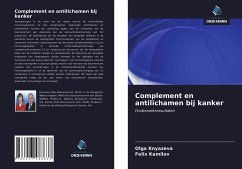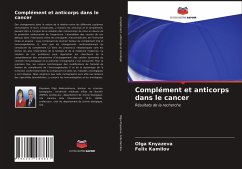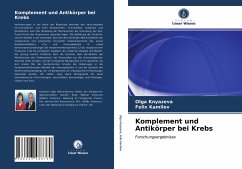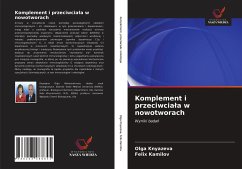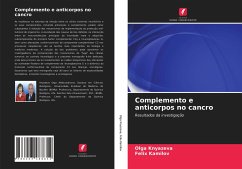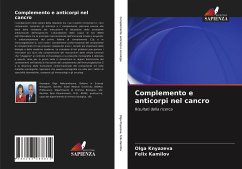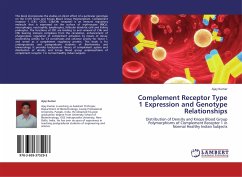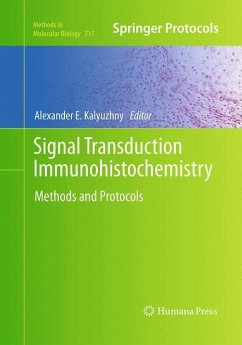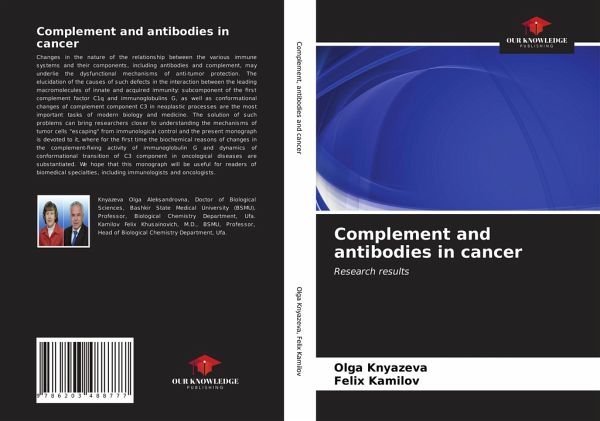
Complement and antibodies in cancer
Research results
Versandkostenfrei!
Versandfertig in 6-10 Tagen
52,99 €
inkl. MwSt.

PAYBACK Punkte
26 °P sammeln!
Changes in the nature of the relationship between the various immune systems and their components, including antibodies and complement, may underlie the dysfunctional mechanisms of anti-tumor protection. The elucidation of the causes of such defects in the interaction between the leading macromolecules of innate and acquired immunity: subcomponent of the first complement factor C1q and immunoglobulins G, as well as conformational changes of complement component C3 in neoplastic processes are the most important tasks of modern biology and medicine. The solution of such problems can bring resear...
Changes in the nature of the relationship between the various immune systems and their components, including antibodies and complement, may underlie the dysfunctional mechanisms of anti-tumor protection. The elucidation of the causes of such defects in the interaction between the leading macromolecules of innate and acquired immunity: subcomponent of the first complement factor C1q and immunoglobulins G, as well as conformational changes of complement component C3 in neoplastic processes are the most important tasks of modern biology and medicine. The solution of such problems can bring researchers closer to understanding the mechanisms of tumor cells "escaping" from immunological control and the present monograph is devoted to it, where for the first time the biochemical reasons of changes in the complement-fixing activity of immunoglobulin G and dynamics of conformational transition of C3 component in oncological diseases are substantiated. We hope that this monograph will be useful for readers of biomedical specialties, including immunologists and oncologists.



